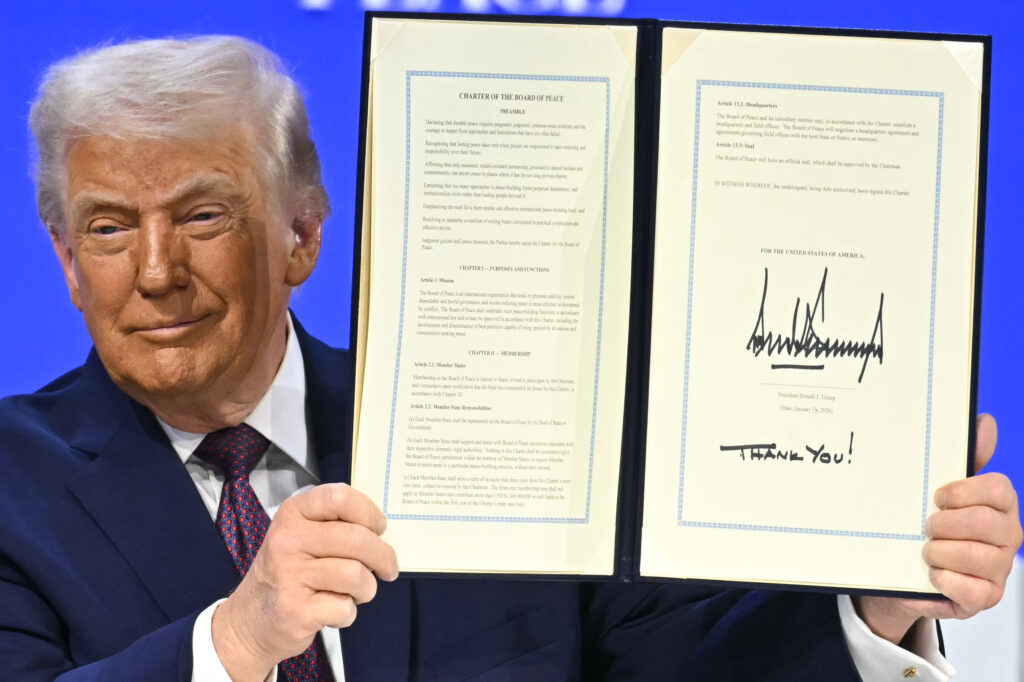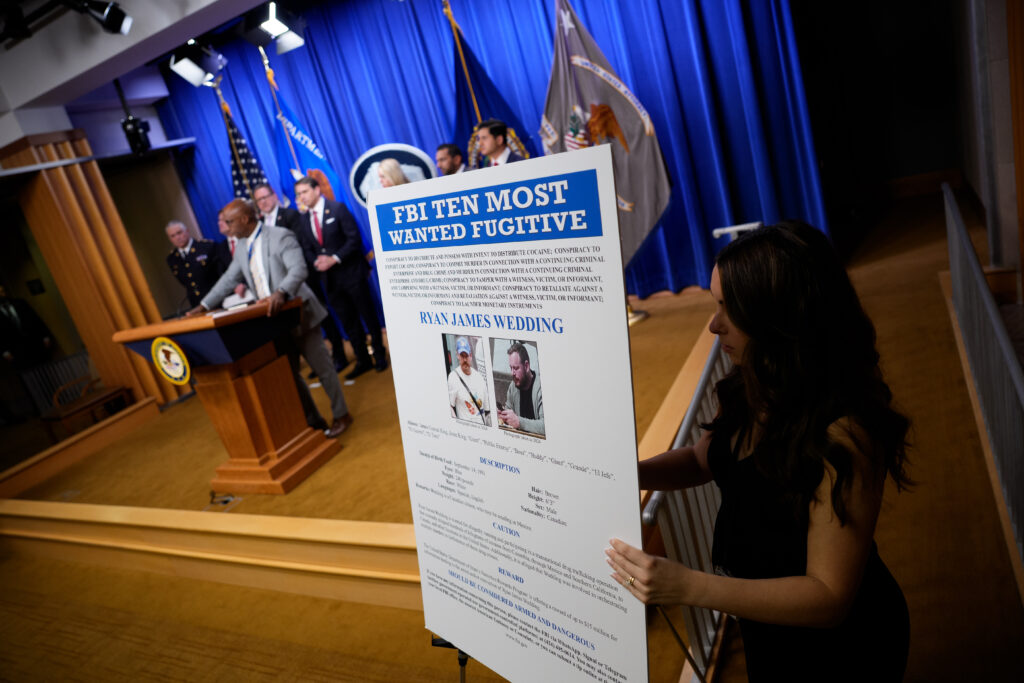Snow and ice storm set to sweep US
A massive winter storm was set to drop a mix of freezing rain and heavy snow on some 160 million Americans starting Friday, threatening to bring dangerously icy conditions.Multiple US states declared states of emergency as meteorologists said the storm would soon begin marching across much of the continental US, covering a wide swath of the country’s middle including the Rockies and Plains.It could bring “catastrophic ice accumulation,” the National Weather Service said, and could result in “long-duration power outages, extensive tree damage, and extremely dangerous or impassable travel conditions,” including in many states less accustomed to intense winter weather.The storm was expected to linger for days, shifting into the heavily populated mid-Atlantic and northeastern states while crippling daily life and ushering in a frigid air mass across the country.More than 1,800 weekend flights have already been cancelled, according to the tracker Flightaware, including many in Texas. State officials there vowed the grid that failed during a deadly winter storm five years ago and left millions without power was now better prepared.The southern state’s Republican Governor Greg Abbott told journalists Thursday the grid “has never been stronger, never been more prepared and is fully capable of handling this winter storm.”Civil and environmental engineering professor Daniel Cohan of Rice University told AFP the system was indeed better winterized than it was in 2021, and that the state also has added solar production and storage since then.The electricity authority “should have plenty of power to go around this time,” Cohan said.Warming centers were set to open in the Houston area Saturday afternoon.- Extreme cold -In New York state, Democratic Governor Kathy Hochul warned of extreme cold that could make even short trips outdoors dangerous.She emphasized risks ranging from hypothermia to heart attacks while shoveling, stressing precautions like protecting pipes, using heaters safely, and checking on vulnerable neighbors. “Five or six minutes outside could literally be dangerous for your health,” she said, adding that emergency crews were fully mobilized.New York’s Zohran Mamdani was meanwhile set to face his first major test as mayor — the city famously makes early judgments of newly elected leaders based on ability to keep congested streets clear.Speaking to local television Friday, Democrat Mamdani said he was not planning to close schools Monday and that remote learning was an option — even as one student emailed the mayor’s wife and spelled out a case for a snow day.”She thought it was a good argument,” an unconvinced Mamdani chuckled.The storm is set to usher in frigid temperatures and dangerous winds that could last a week in some areas. Parts of the Upper Midwest were already experiencing wind chills forecast to hit in the range of -55F (-48C), bitter temperatures that can cause frostbite within minutes.- Polar vortex -The brutal storm system is the result of a stretched polar vortex, an Arctic region of cold, low-pressure air that normally forms a relatively compact, circular system but sometimes morphs into a more oval shape, sending cold air spilling across North America.Scientists say the increasing frequency of such disruptions of the polar vortex may be linked to climate change, though the debate is not yet settled and natural variability also plays a role.But President Donald Trump — who scoffs at climate change science and has rolled back green energy policies — wasted no time in questioning how the cold front fit into broader climate shifts.”Could the Environmental Insurrectionists please explain — WHATEVER HAPPENED TO GLOBAL WARMING???,” the Republican leader posted on his platform Truth Social.State officials were more focused on the immediate threats the powerful storm posed to residents, with at least 14 states from the south to the northeast as well as Washington DC declaring states of emergency.Political leaders across the country were encouraging people to stock up on food and dry goods, prepare first aid and supply kits and keep their vehicle gas tanks full to prevent fuel lines from freezing.In Magnolia, a municipality north of Houston, one supermarket was close to running out of bottled water as Texans bought them out.Anne Schultz said she wasn’t particularly fearful, but that preparation was still important.”If the power stays on, we should all be fine,” the 68-year-old told AFP.






